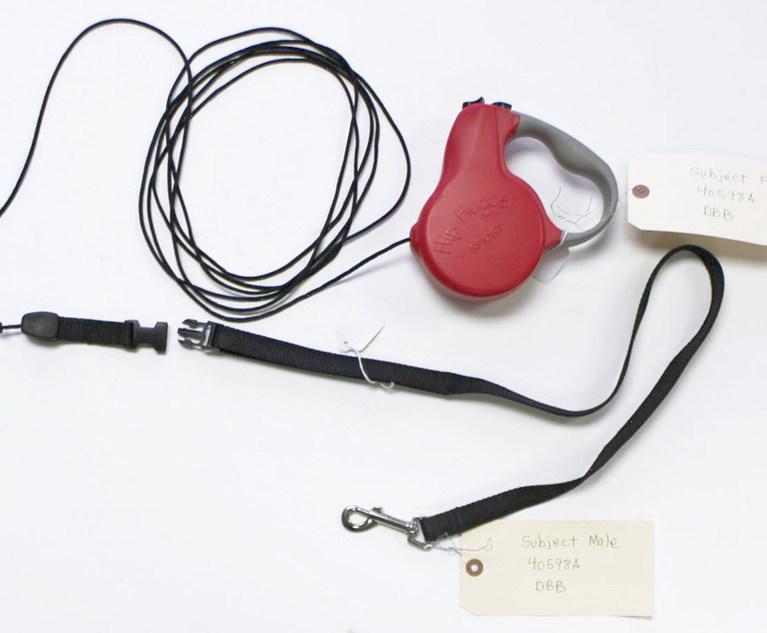By state statute, every dog owner must procure an annual dog license from their municipality. The proceeds are applied to municipal rabies prevention and animal control programs. The license application includes the owner’s name and address.
In Bozzi v. City of Jersey City, our Supreme Court has just held, by a 5-2 vote, that these dog license records are public records subject to disclosure under the Open Public Records Act, and that OPRA’s exemption for personal privacy does not prevent disclosure. The majority concluded, based on its prior decision in Brennan v. Bergen County Prosecutor’s Office, that OPRA’s personal privacy exemption does not generally prohibit the release of private people’s names and addresses unless there is an “objectively reasonable” expectation of privacy. It went on to conclude that owning a dog is a public act. Because “owners—and the dog itself—are regularly exposed to the public during daily walks, grooming and veterinarian visit,” there is no objectively reasonable expectation of privacy in the fact of dog ownership.
This content has been archived. It is available through our partners, LexisNexis® and Bloomberg Law.
To view this content, please continue to their sites.
Not a Lexis Subscriber?
Subscribe Now
Not a Bloomberg Law Subscriber?
Subscribe Now
LexisNexis® and Bloomberg Law are third party online distributors of the broad collection of current and archived versions of ALM's legal news publications. LexisNexis® and Bloomberg Law customers are able to access and use ALM's content, including content from the National Law Journal, The American Lawyer, Legaltech News, The New York Law Journal, and Corporate Counsel, as well as other sources of legal information.
For questions call 1-877-256-2472 or contact us at [email protected]







